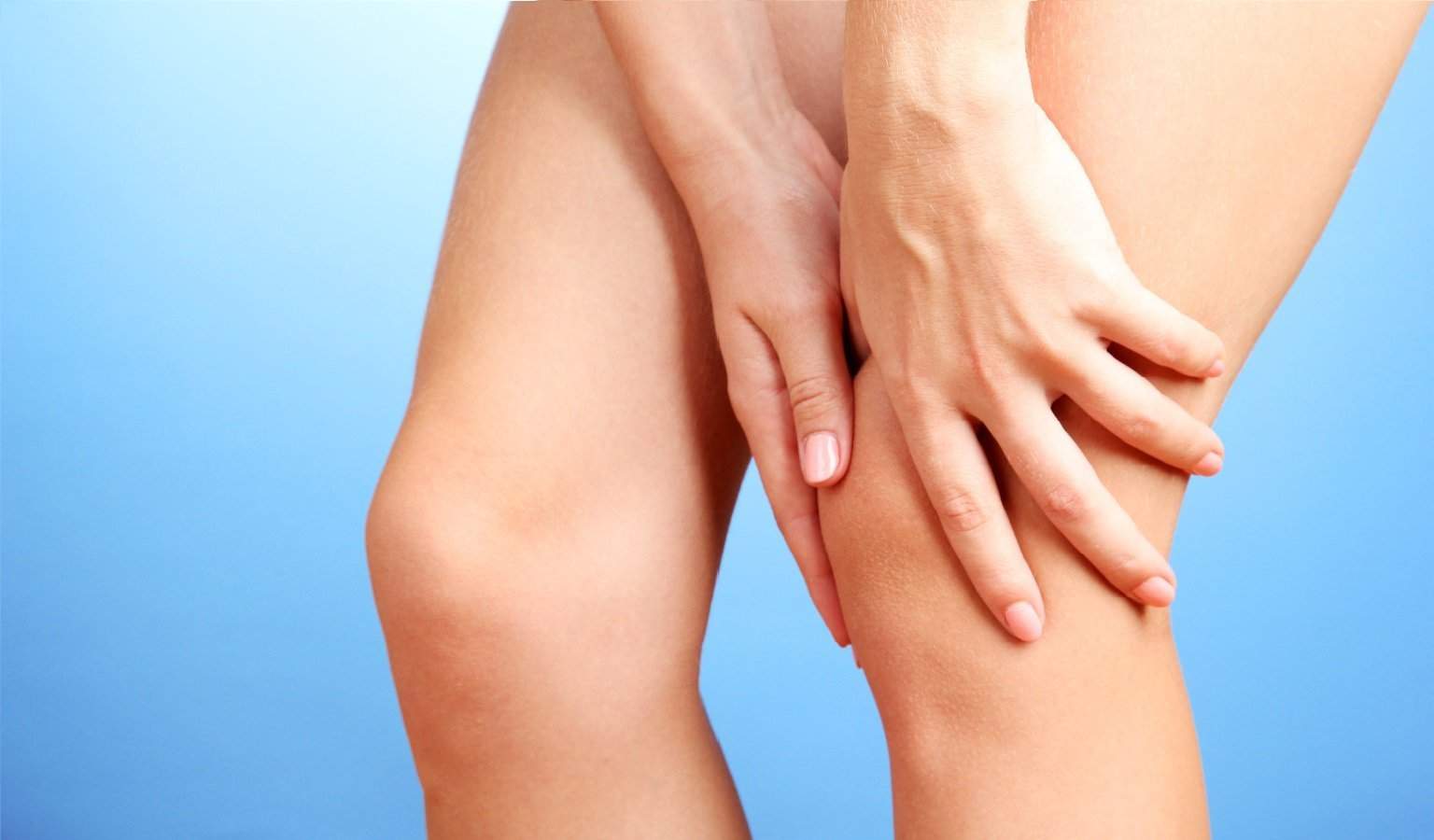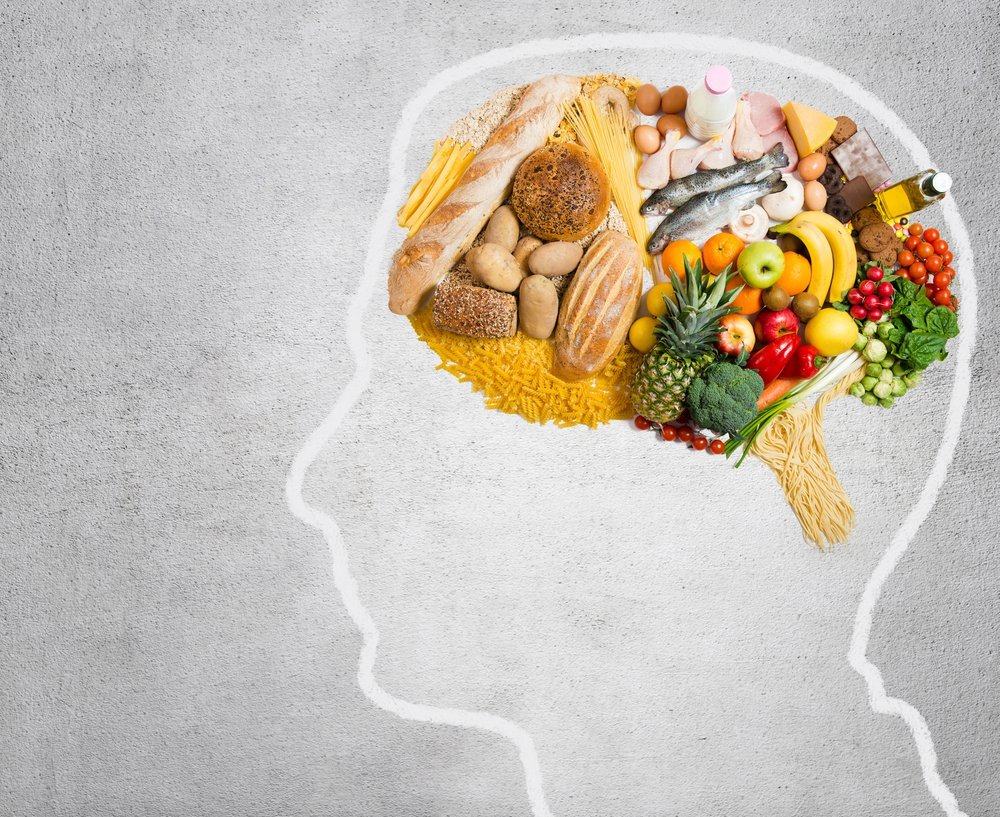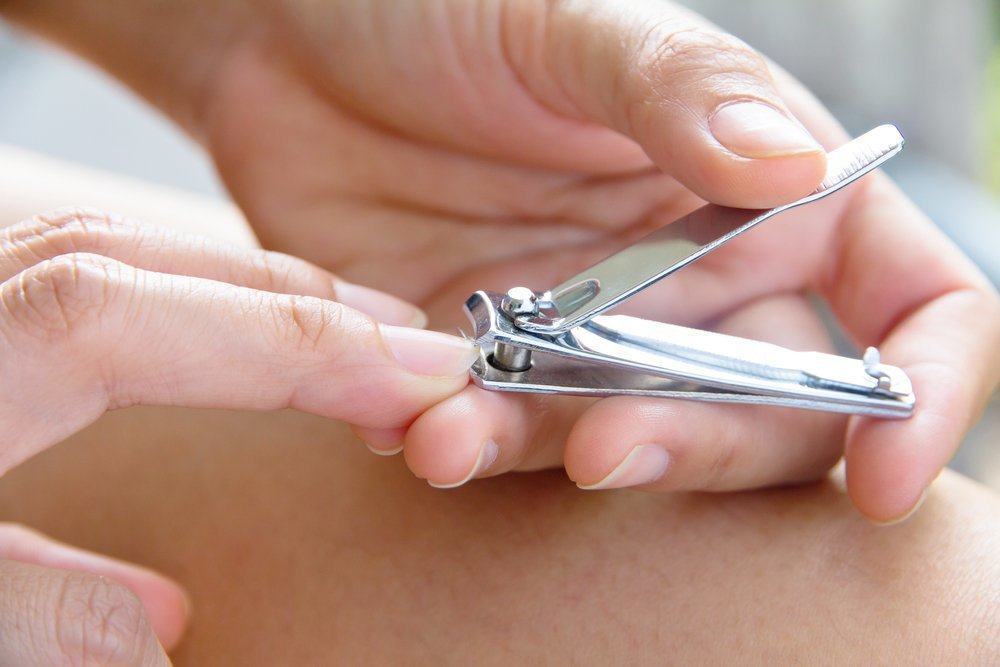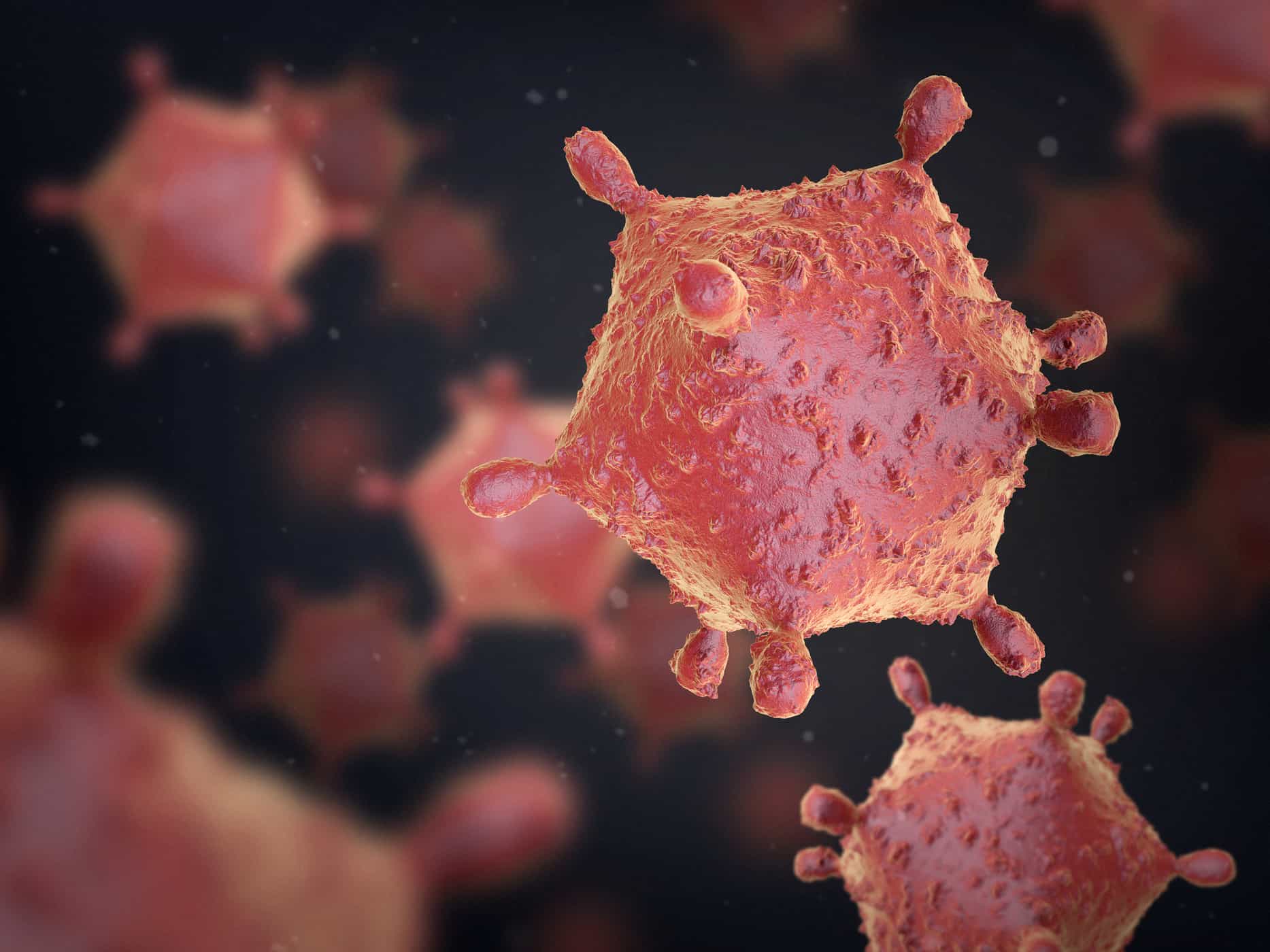Contents:
- Medical Video: Eyelid Twitching? Find out why...
- What happens when you twitch?
- The meaning and cause of twitching
- What are the signs if twitch is a sign of serious illness?
- How to prevent twitching?
Medical Video: Eyelid Twitching? Find out why...
Consciously or not, almost everyone has experienced twitching muscles. The sensation that is usually felt is suddenly your muscles like tense or pulled. Most people complain of twitching on the eyelid, thumb, big toe, or calf. Twitch or also known as the term twitching is a common thing and usually disappears on its own. However, if you experience muscle twitching very often, be careful because this can mean you are at risk of developing certain neurological diseases. To find out what the twitch you are experiencing, consider the following information carefully.
What happens when you twitch?
Your central nervous system serves as the center of command and communication in the human body. Motor neuron cells in the central nervous system will form motor units. This motor unit functions to control muscle movements and contractions. Twitching occurs when a motor unit signals the muscles to contract repeatedly without control. Twitching can occur on the eyelids, fingers, arms, or calves.
The meaning and cause of twitching
There are many conditions that can cause twitching. In general, the small twitches that you experience are not harmful. To overcome this, you simply stretch the muscles or use these muscles for example to walk, lift things, or blink. The following are various causes and the meaning of twitching that often occurs.
- Twitching can be caused by nervousness, anxiety, or stress. Twitching is one of the ways the body reacts to these emotions. Your body will catch stress signals and stimulate erratic nerve reactions. Usually after your stress or anxiety has subsided, the twitch will also gradually disappear on its own.
- Eating too much caffeine like coffee or energy drinks will trigger a twitch. Caffeine is a stimulant that can provide side effects. If your body is sensitive to caffeine, your muscles will react by contracting outside your command.
- Certain nutritional deficiencies can make your muscles twitch uncontrollably, especially on the eyelids, calves and hands. Usually the nutrients needed are vitamin D, vitamin B6, vitamin B12, and minerals.
- If the twitching is the large muscles of the arms, legs and torso, chances are you are dehydrated. When the nerves connected to the muscle do not get enough sodium and water, the nerves become very sensitive and can suddenly contract.
- Smoking and vaping(e-cigarette) can cause twitching because of the nicotine content that interferes with the brain's neurotransmitter system. Neurotransmitters are natural compounds that are responsible for sending information to nerve cells. Disorders of neurotransmitters cause chaos in the commands that your muscles receive.
- Muscles can experience twitching after you have physical activity or exercise. Usually this is because you don't warm up or stretch your muscles perfectly. Another reason that might be the cause of twitching after exercise is a lack of electrolytes.
- Lack of rest also at risk of making the muscles often twitch, especially on the eyelids. This is because lack of sleep and rest causes the number of neurotransmitters produced by the brain to be unstable so that the commands received by the nerve muscles become disturbed.
What are the signs if twitch is a sign of serious illness?
In addition to the various reasons and meanings of twitches discussed above, twitching can also be a sign of serious neurological disease. Note if the twitch that you experience has been going on for a long time, it will not subside, or your muscles begin to feel weak. Also keep in mind whether twitching muscles are always the same or alternating. If twitching occurs in the same muscle and the frequency does not decrease after a long time, you should consult a doctor or medical person and do an examination.
Twitch muscles can be a symptom of various life-threatening diseases such as muscular dystrophy (muscular dystrophy), Amyotrophic lateral sclerosis (ALS), autoimmune disease, neuropathy, or kidney disease. Usually on examination you will undergo a blood test to see electrolyte levels and thyroid function, scan MRI or CT to examine the spine or brain, and electromyogram (EMG) to measure electrical activity in skeletal muscles.
How to prevent twitching?
You can prevent twitching and various causes by maintaining a healthy and protein-rich diet; enough rest; manage stress and relax muscles by doing yoga or meditation; limit coffee consumption, energy drinks, or other sources that contain stimulants and caffeine; and stop smoking.
READ ALSO:
- What Causes Tingling Hands and Feet?
- Know the Types of Stretching (Muscle Stretching)
- No Stop-Stop Hiccups? Can Be A Symptom Of These 6 Diseases












